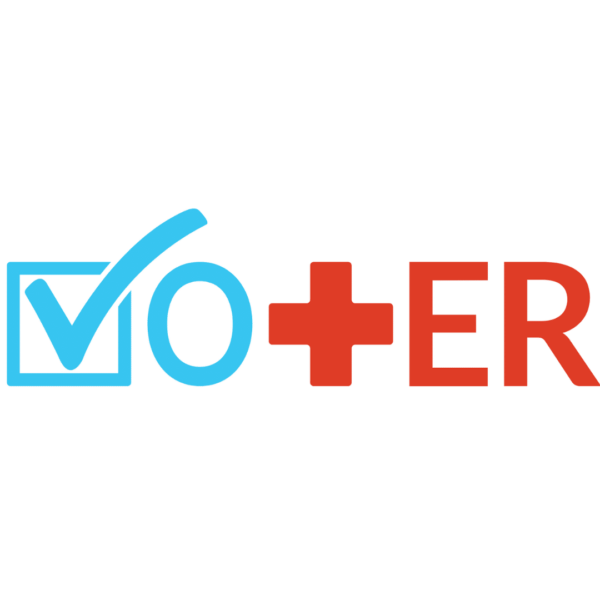
FLORIDA PHOENIX: Post-2020 voter ID restrictions are getting their first test in November elections
BY JAY WAAGMEESTER — AUGUST 16, 2024
Florida is among the states that have ramped up voter ID laws since former President Donald Trump made false claims of a rigged 2020 election. November will see the first elections run under those new laws.
According to VoteRiders, a voting advocacy organization, voter ID requirements have stiffened in 18 states since 2020 and 38 states have voter ID laws in place for the 2024 election.
“I think we can draw a direct line between lies about election integrity in 2020 and the passage of voter suppression laws, including new and stricter ID laws across the country,” said Lauren Kunis, executive director of VoteRiders, in an interview with the Phoenix.

Following his loss in the 2020 election, when Trump made false claims that victory had been stolen from him using falsified ballots, legislatures reacted by making it harder to vote.
“There were a lot of lies and misleading narratives about mail-in voting being fraudulent. I hate even giving oxygen to that, but that’s what was being put out there,” Kunis said. “And a response that we saw in statehouses was to add unnecessary, complicated, confusing, and costly ID requirements to mail in voting.”
In 2021, SB 90 went into effect in Florida, creating regulations surrounding vote-by-mail ballots including limiting the use of ballot drop boxes and requiring the last four digits of a voter’s social security number or Florida ID number to vote by mail.
SB 7050, which passed in 2023, increased restrictions on third-party voter registration organizations, although a federal judge blocked parts of it in May, including a provision prohibiting noncitizens from assisting in registering citizens — which Taylor Ashley Crowe, Florida coordinator for VoteRiders, called a “victory for democracy.”

“This was a clear attack on the spirit of civic engagement and volunteerism, with many of these volunteers being legal permanent residents, and they contribute significantly to our communities,” Crowe said. “Their involvement in voter registration drives is an essential part of our democratic process.”
Third-party voter registration organizations often collect voter registration applications and facilitate the process. However, some halted operations following passage of SB 7050, which steeply boosted fines for committing errors during the registration process.
Earlier this summer, the U.S. House passed the SAVE Act, which would require people to provide “documentary proof of U.S. citizenship to register to vote in federal elections,” according to the bill summary.
The act is not expected to pass the U.S. Senate, but the proposal and other conversations around the topic could shape the ways statehouses address the matter, according to Kunis.
“That is a worrying trend that we at VoteRiders are carefully monitoring, because we think no matter what happens in November it’s likely that statehouses when they come back into session in 2025 begin to impose additional hurdles to voter registration that would affect tens of millions of voters,” Kunis said.
Among the post-2020 restrictions in some states are elimination of use of student IDs or discontinuing acceptance of expired IDs. The VoteRiders website lists these restrictions.
Laws increasing barriers to the franchise can spark counter-effects, too, according to Kunis. For one, groups like hers have been prompted to “raise a lot of resources and get active on the ground and work very hard to fight back,” she said.
Survey shows confusion
A survey conducted in late 2023 by VoteRiders, Public Wise, the University of Maryland, and the Brennan Center for Justice found a majority of people do not know whether their state requires a photo ID to vote.
The survey reports that 55% of people in states with photo ID requirements do not understand that photo ID is required and 65% of people in states where no photo ID is required do not know it is not required.
According to the survey, nearly 9% of voting-age Americans lack up-to-date drivers’ licenses — about 20.76 million people — and just over 1% of Americans lack a government-issued photo ID.
Read the full story on Florida Phoenix.



